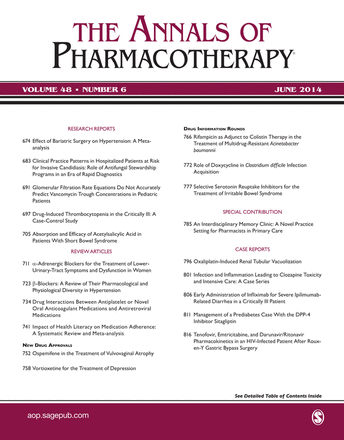 Imagine you were a cop, sitting in your squad car at the side of the road with a radar gun, when you clock someone speeding. You turn on your lights, pull the speedster over to the side of the road, and walk to her driver’s side window.
Imagine you were a cop, sitting in your squad car at the side of the road with a radar gun, when you clock someone speeding. You turn on your lights, pull the speedster over to the side of the road, and walk to her driver’s side window.
Just as you say “Driver’s license and registration, please,” you realize the driver is your squad captain. Oops.
That must have been something like what it was like — with plagiarism detection software sitting in for the radar gun — for the co-editor-in-chief of Diabetology & Metabolic Syndrome when he realized that Marilia de Brito Gomes, the other co-editor-in-chief, had published two papers in their journal that contained plagiarized passages.
Here’s the notice for “Historical facts of screening and diagnosing diabetes in pregnancy:” Continue reading Editor in chief steps down after being found plagiarizing in her own journal
 A group at the University of Texas Southwestern led by Adi F. Gazdar that found evidence of inappropriate image manipulation in a number of their papers has retracted its seventh and eighth studies.
A group at the University of Texas Southwestern led by Adi F. Gazdar that found evidence of inappropriate image manipulation in a number of their papers has retracted its seventh and eighth studies.







